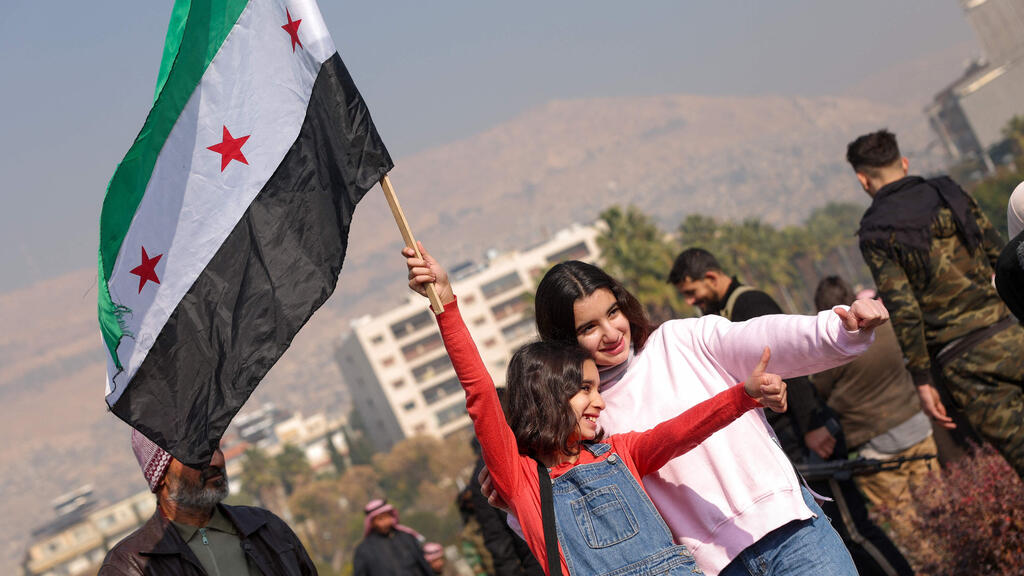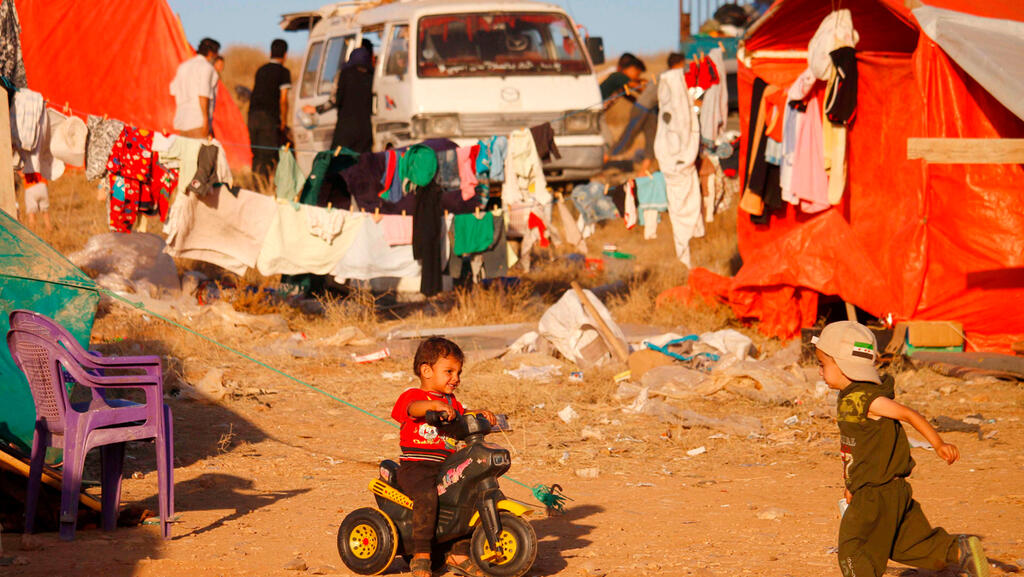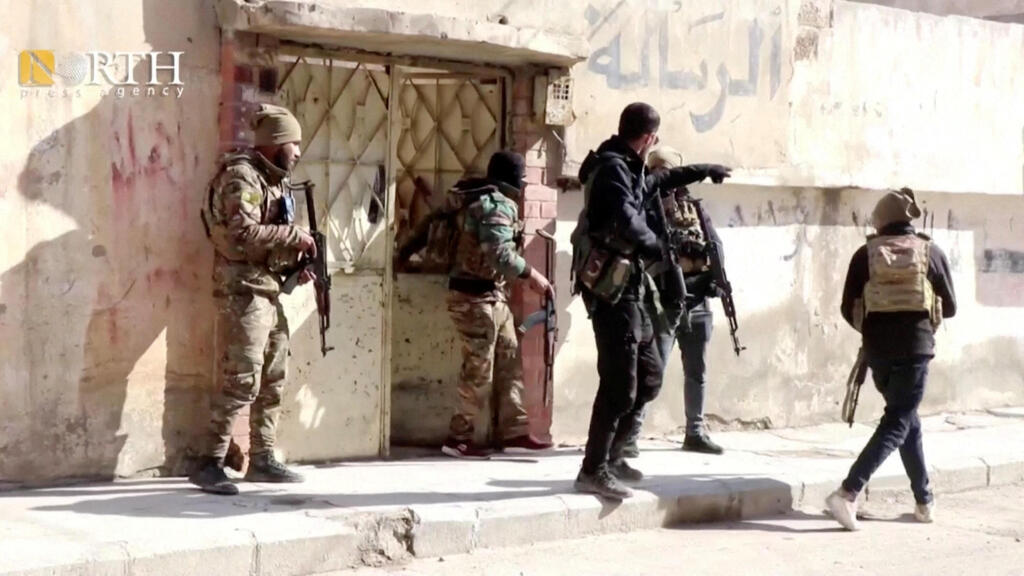Getting your Trinity Audio player ready...
The greatest fear in the corridors of Jordanian power is being next in line after Syria — and this fear is not unfounded. Inside a kingdom numbering 11.5 million people — 60% of whom are Palestinian — are also 1.3 million Syrian refugees, most considered opponents of Bashar Assad's regime, while a minority — under covert surveillance — are suspected of being spies for the former Syrian government.
Nearly one million Iraqi refugees also pose increasing challenges for Jordanian security forces. American envoys regularly update the royal palace, all while relations between Jordan and Prime Minister Benjamin Netanyahu's government remain severed.
A straight and bitter line runs between Jordan and Syria: Assad's Syria refused to sell or donate drinking water and agricultural products to Jordan. Assad and his aids mocked the Jordanian king, hinting that Syria would open its gates to any Iranian plan to take over Jordan.
Jordanians cheer during Iran's missile strike on Israel
Jordanian Foreign Minister Ayman Safadi traveled to Tehran following an attack involving Iranian missiles and drones targeting Israel, some of which landed in Jordan. The growing Iran-Syria connection has kept Jordanian security and intelligence forces on high alert.
The Jordanian Jaber border crossing near the Syrian town of Daraa has been closed since last weekend. Jordanian Interior Minister Mazin Al Farrayeh announced that only trucks and Jordanian citizens fleeing Syria would be allowed to cross, subject to thorough inspections.
Syrian exiles in Jordan have said that they cannot currently return to their country. Celebrations broke out in Amman's streets, where opposition flags were raised to mark Assad's fall.
American intelligence agencies were closely monitoring the kingdom. Jordan's king, along with its intelligence and military bodies, remain particularly vigilant toward members of the Islamic movement, which has 16 representatives in Jordan’s parliament.
Concerns persist that once Syria's new regime — whose true identity remains unclear — stabilizes, it may ally with Jordan’s rebellious factions. Jordanian sources repeatedly warned that the intentions of Syria’s new leadership remain ambiguous and require close scrutiny, as do its connections with Turkey and President Recep Tayyip Erdogan’s preparations, which have yet to be revealed.
Meanwhile, Syria's Kurdish rebels remain in Turkish crosshairs, and Iran remains a looming threat. Following its setback with Assad’s downfall and the new Syrian regime's disregard for it, Iran is unlikely to give up its efforts to gain influence in Jordan.
Get the Ynetnews app on your smartphone: Google Play: https://bit.ly/4eJ37pE | Apple App Store: https://bit.ly/3ZL7iNv
For now, the whereabouts of Maher Assad — brother of the ousted president and commander of the Syrian army’s Fourth Division — remain unknown. Interrogations of Syrian drug and weapons smugglers in Jordan have implicated him as the main figure behind and beneficiary of the Captagon smuggling operations into Jordan, and Jordanian security forces are tracking his activities.








